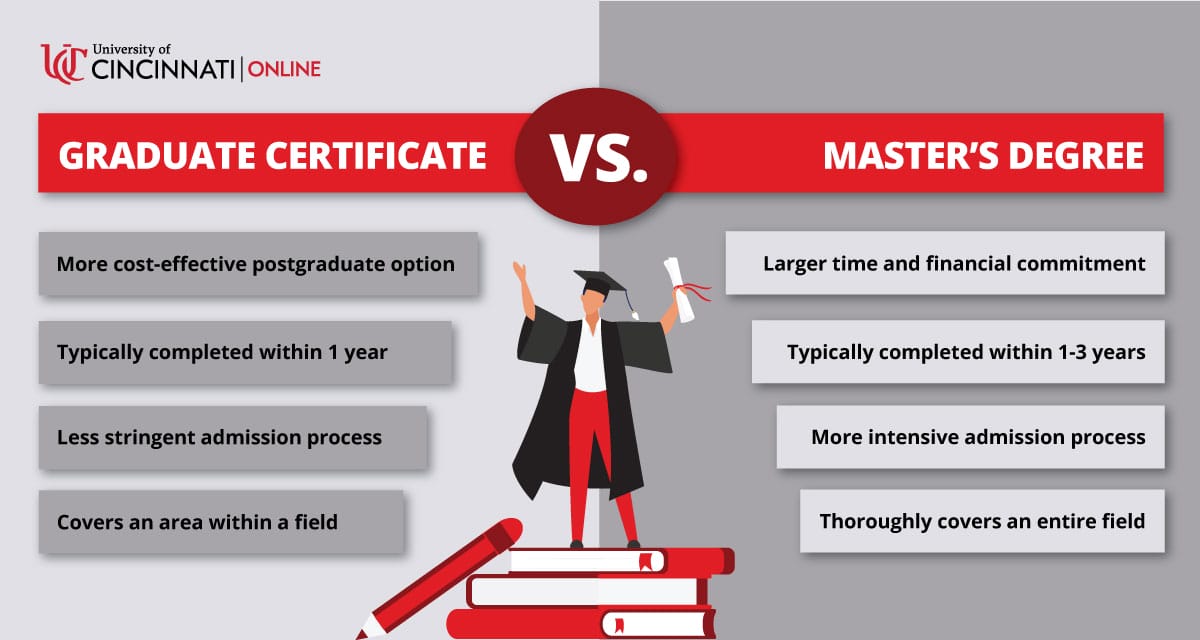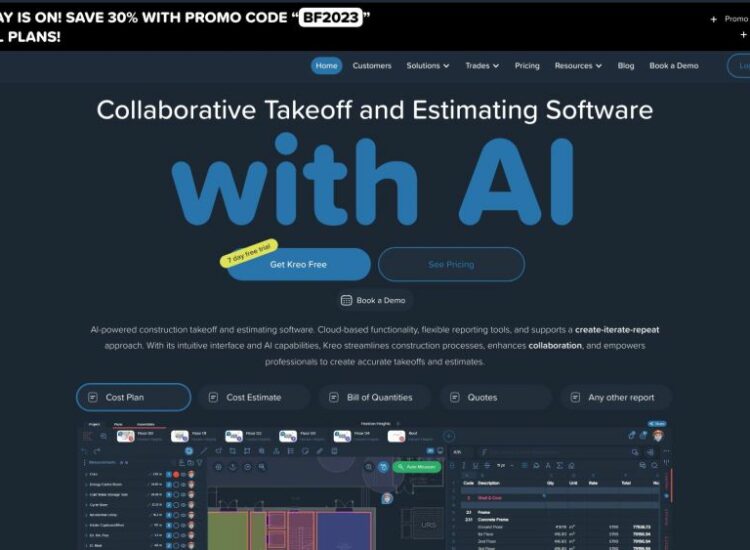The increasing integration of technology in education necessitates advanced training for educators. This article provides a guide to educational technology masters programs, outlining the benefits, various program options, and the application process. It addresses the different degree types available, program structures, specialization options, and the importance of accreditation. This guide is designed to assist educators in both K-12 and higher education settings seeking to enhance their careers through advanced study in this rapidly evolving field.
Toc
- 1. Exploring Educational Technology Masters Programs
- 2. Top Educational Technology Masters Programs: A Comparative Look
- 3. Related articles 01:
- 4. Essential Skills and Career Paths in Educational Technology
- 5. Financing Your Educational Technology Masters Degree
- 6. The Application Process and Beyond
- 7. Related articles 02:
- 8. Emerging Trends in Educational Technology
- 9. Leveraging Online Resources and Communities
- 10. Conclusion
Exploring Educational Technology Masters Programs
Educational technology master’s programs come in various forms, allowing educators to tailor their studies to their specific needs and career aspirations. Here are the key types of degrees available:
Degree Options
- Master of Arts (MA): Often focused on the theoretical aspects of education and technology, suitable for those interested in curriculum design and educational research.
- Master of Science (MS): Typically emphasizes the technical and scientific aspects of educational technology, ideal for those looking to engage with data analysis and technology integration.
- Master of Education (M.Ed.): Designed for educators seeking to apply technology in teaching and learning environments, often focusing on practical applications.
Program lengths vary significantly; some programs may be completed in as little as 12 months, while others may take 18-24 months. This variance can impact the overall cost and the speed at which you transition into new career opportunities.
Program Structures
These programs are available in various formats:
- Full-time and Part-time: Depending on your current commitments, you can choose a schedule that fits your lifestyle.
- Online and Hybrid: Many institutions, including the University of Wisconsin, offer online programs that allow for flexibility while maintaining rigorous academic standards.
Specialization Options
Educational technology master’s programs often provide opportunities for specialization in areas such as:
- Instructional design
- Curriculum development
- Learning analytics
Importance of Accreditation
When selecting a program, accreditation is a vital factor. Programs accredited by organizations like the Council for the Accreditation of Educator Preparation (CAEP) and the Association for Advancing Quality in Educator Preparation (AAQEP) ensure that you receive quality education that meets industry standards. Graduating from an accredited program enhances your job prospects and eligibility for financial aid. However, it’s essential to note that while accreditation is important, strong programs may exist without specific accreditations. Prospective students should consider program quality beyond just accreditation status.
Top Educational Technology Masters Programs: A Comparative Look
In the competitive field of educational technology, several programs stand out for their quality and innovative offerings.

University of Wisconsin
The University of Wisconsin offers a comprehensive educational technology master’s online program that emphasizes cutting-edge teaching methods and technology integration, with concentrations in learning analytics, game-based learning, or accessibility. Graduates of this program are well-prepared for various roles in the educational sector, from instructional design to educational leadership.
Michigan State University (MAET MSU)
The Master of Arts in Educational Technology (MAET) at Michigan State University is renowned for its focus on digital learning and instructional design. The curriculum is designed to engage students in hands-on experiences that translate into real-world applications, making it a popular choice among aspiring educational technologists. Additionally, the program is accredited by the CAEP, reinforcing its credibility in the field.
Other Notable Programs
- Oklahoma State University: Offers a robust curriculum that emphasizes practical applications in educational technology.
- University of Texas Rio Grande Valley: Known for its diverse offerings and strong faculty expertise in educational technology.
These programs offer diverse career pathways spanning K-12, higher education, and corporate training.
2. https://kinemasterap.org/mmoga-cheap-online-degrees-accredited-transforming-your-career
4. https://kinemasterap.org/mmoga-electrical-engineering-online-degrees-your-path-to-success
Essential Skills and Career Paths in Educational Technology
Graduates of educational technology master’s programs gain a suite of in-demand skills that are essential in today’s educational landscape. Understanding these competencies can help you align your education with your career aspirations.
In-Demand Skills
Key competencies developed through these programs include:
- Instructional Design: Creating effective learning experiences.
- Learning Management Systems (LMS): Proficiency in using platforms that deliver educational content.
- Multimedia Development: Skills in producing engaging digital content.
- Emerging Technologies: Familiarity with AI, VR, and other innovative tools.
Career Paths
With a master’s in educational technology, graduates can pursue various career paths, including:
- Instructional Designer: Creating engaging educational experiences.
- Educational Technologist: Implementing and managing technology solutions in educational settings.
- Technology Integration Specialist: Helping educators effectively use technology in their teaching.
- Curriculum Developer: Designing curriculum that incorporates technology to enhance learning.
Salary Expectations
According to the Bureau of Labor Statistics, the Masters in Educational Technology salary can vary significantly based on the role. For instance, instructional coordinators earn a median annual salary of approximately $74,620, while training and development managers can earn around $125,040. Specific data on regional salaries shows that instructional designers in metropolitan areas can earn upwards of $90,000. These figures highlight the potential financial benefits of pursuing a master’s degree in this field.
Financing Your Educational Technology Masters Degree
A strategic approach to financing your education can significantly reduce financial stress. Understanding the various financial aid opportunities and costs associated with educational technology master’s programs is crucial for prospective students.

Financial Aid Opportunities
- Scholarships and Grants: Many universities offer scholarships specifically for students in educational technology programs. For example, the University of Wisconsin has several merit-based scholarships available for qualified students.
- Loans: Federal and private loans are available to help finance your education.
- Employer Tuition Reimbursement Programs: Check if your employer offers financial support for further education, which can help offset costs significantly.
Cost Comparison
When evaluating programs, consider the total cost, including tuition, fees, and materials. Some programs may offer a better return on investment, especially if they provide strong job placement support. Researching the average costs associated with each program can help you make an informed decision.
The Application Process and Beyond
Navigating the application process for educational technology master’s programs can be straightforward with the right preparation. Understanding what programs expect can enhance your chances of acceptance.
Choosing the Right Program
Start by identifying programs that align with your career goals and interests. Research their offerings, faculty expertise, and program structure. This step is critical as it sets the foundation for your educational journey.
Preparing Application Materials
Ensure you have all necessary application materials ready, including:
- Transcripts
- Letters of recommendation
- A compelling personal statement that reflects your passion for educational technology
Networking
Engaging with professionals in the field can provide valuable insights and opportunities. Attend conferences, join online communities, and participate in forums like Masters in Educational Technology Reddit to connect with current students and alumni.
Future Opportunities
For those considering further education, exploring Education Technology PhD programs in the USA may lead to advanced research opportunities and academic roles. This pathway can enhance your expertise and open doors to leadership positions in the educational technology sector.
1. https://kinemasterap.org/mmoga-electrical-engineering-online-degrees-your-path-to-success
4. https://kinemasterap.org/mmoga-cheap-online-degrees-accredited-transforming-your-career
Emerging Trends in Educational Technology

As technology continues to evolve, so do the trends in educational technology. Staying informed about these trends can help you remain competitive in the field.
AI-powered Personalized Learning
The rise of platforms using AI to adapt to individual student needs is transforming educational experiences. For example, Khan Academy utilizes AI-driven features to personalize learning paths for students. However, concerns about bias in AI algorithms necessitate human oversight to ensure equitable learning opportunities.
The Metaverse and Immersive Learning
The growing use of virtual and augmented reality in education is another significant trend. Applications include VR field trips and simulations in STEM education, which provide immersive learning experiences. Nonetheless, cost and accessibility challenges remain barriers to widespread implementation.
Increased Focus on Data Privacy and Security
With the increasing awareness of student data privacy, regulations like FERPA in the U.S. have become paramount. As educational technology continues to rely on data, balancing data-driven improvements with the need to protect student privacy is essential.
Leveraging Online Resources and Communities

Online communities can be invaluable for prospective students navigating their educational journey. Engaging with these platforms can enhance your understanding of the field and provide networking opportunities.
Engaging with Online Platforms
Platforms like Reddit offer forums where prospective students can discuss their experiences with specific programs, ask questions, and gather insights about the educational technology landscape. This community engagement can provide reassurance and guidance throughout your application process.
Professional Organizations
Joining professional organizations in the field of educational technology can provide networking opportunities, resources, and access to the latest industry trends. Membership in these organizations often comes with benefits such as webinars, conferences, and professional development resources.
Conclusion
This article has provided a comprehensive overview of educational technology master’s programs, highlighting their benefits for educators, exploring top programs, and outlining the application process. By investing in an educational technology master’s degree, educators can significantly enhance their teaching skills, career prospects, and earning potential. Start your research today and discover how an advanced degree can transform your career. Consider exploring programs like those offered by the University of Wisconsin or Michigan State University’s MAET program to find the best fit for your goals. Remember to thoroughly research programs and utilize online resources like Reddit to gain valuable insights from current students and alumni.














